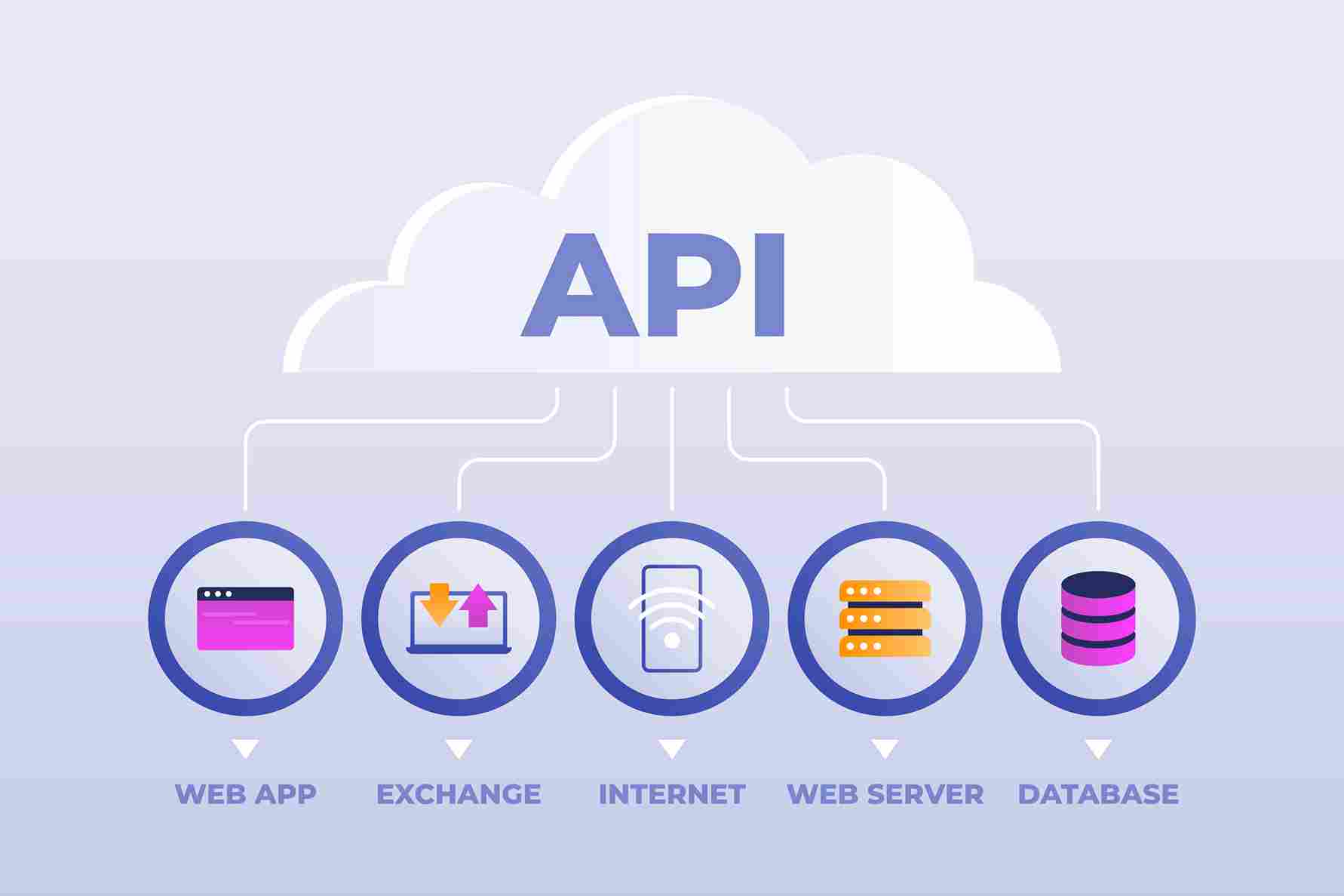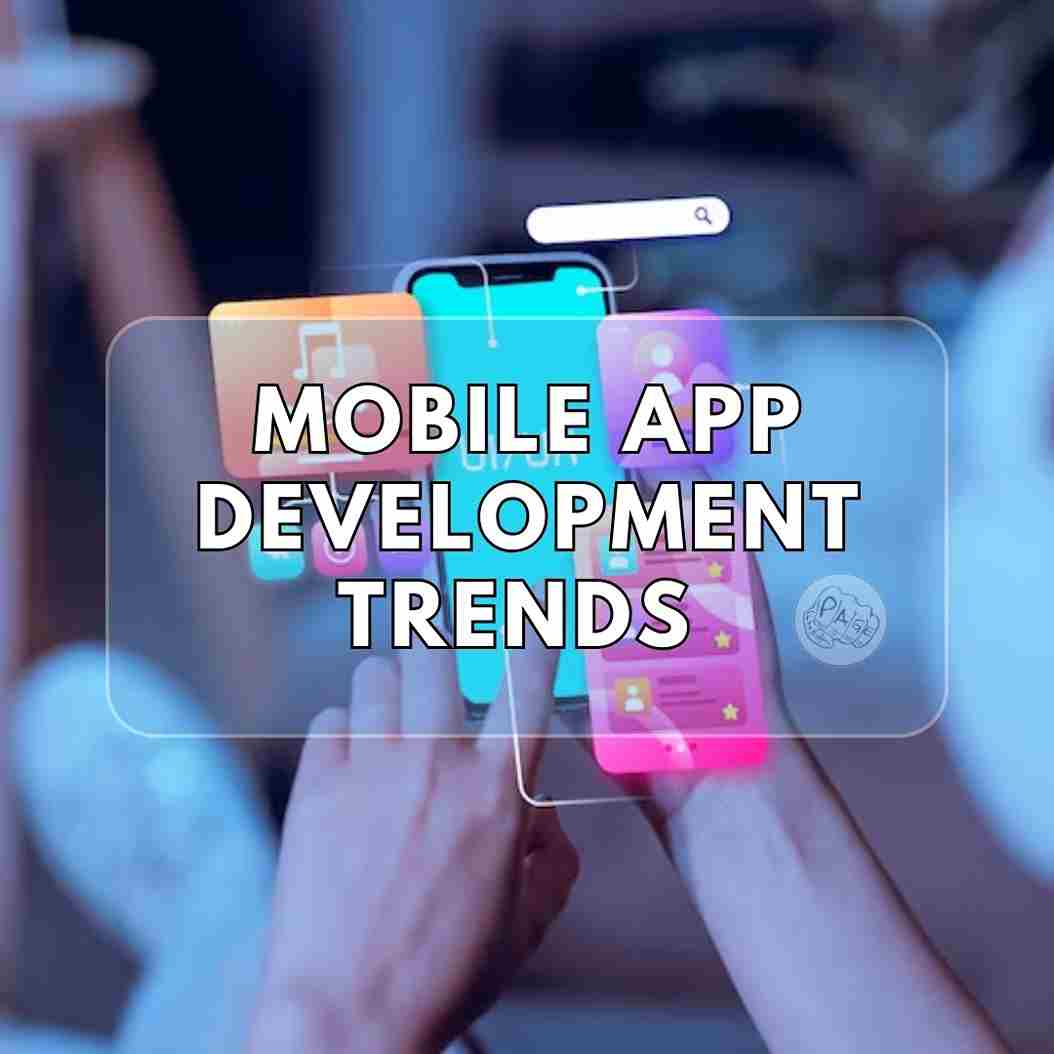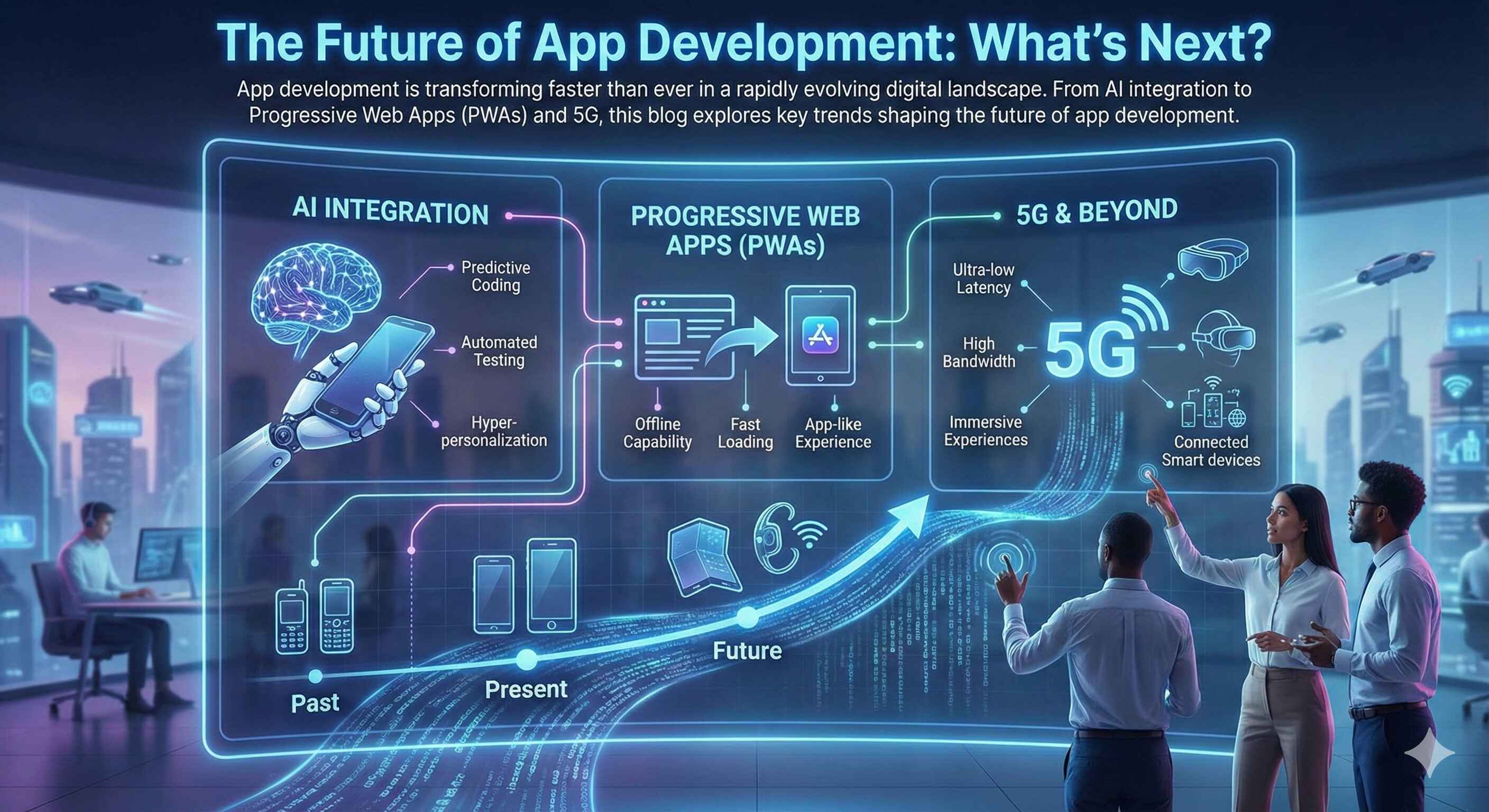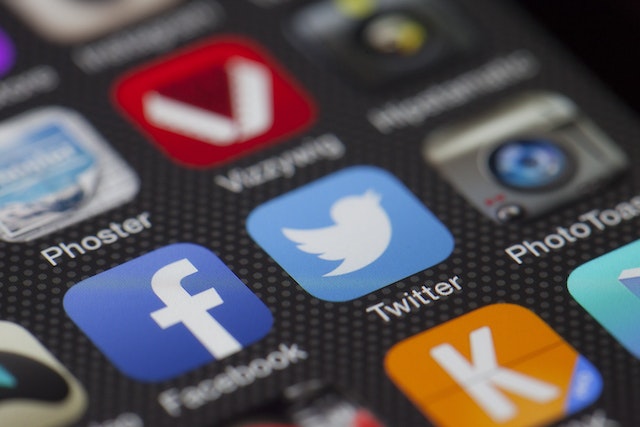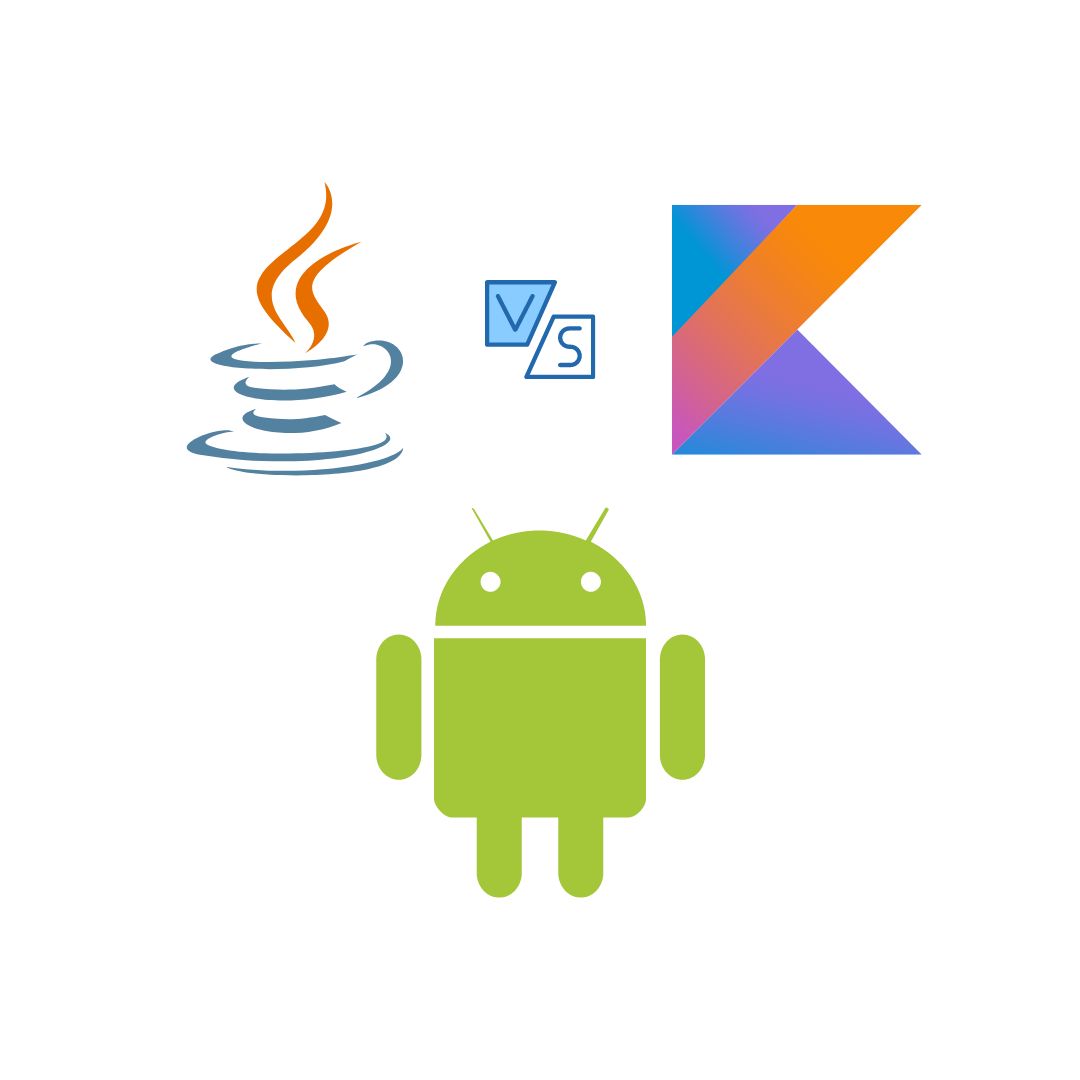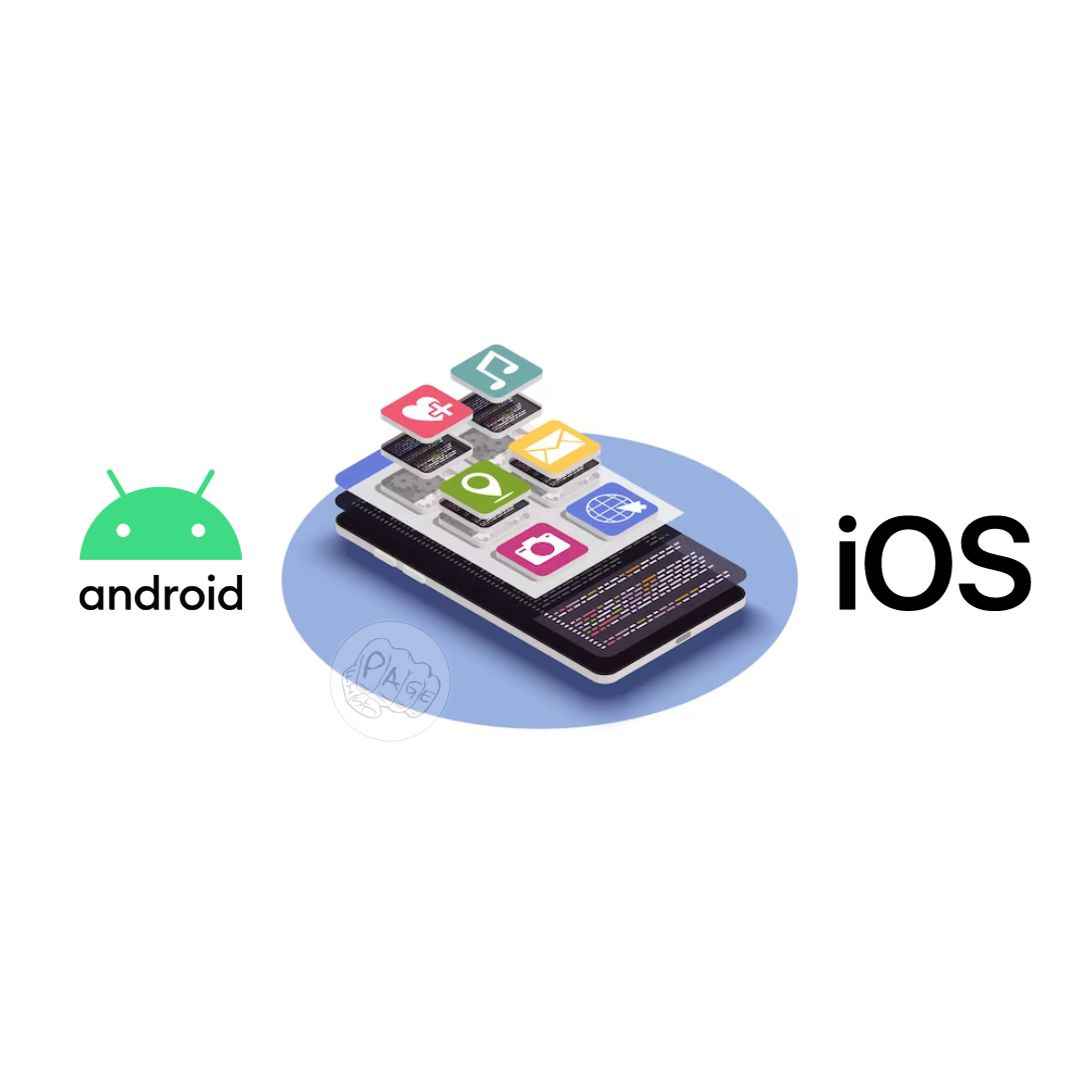What is API and what use of API for app development?
API stands for Application Programming Interface. It is a set of rules and protocols that allow different software components to communicate and exchange data. APIs are essential for app development because they enable developers to access functionalities and resources from other applications or platforms, such as maps, payment systems, social media, etc. APIs also simplify the coding process and reduce development time and cost.
If you are a developer or a business owner who wants to create an app, you might have heard of the term API. But what is an API and why is it important for app development?
API stands for Application Programming Interface. It is a set of rules and specifications that define how different software components or systems can communicate and exchange data with each other. An API acts as an intermediary between the app and the external services or resources that the app needs to function.
For example, if you want to create a weather app, you need to get the weather data from somewhere. You can use an API provided by a weather service provider, such as OpenWeatherMap, to request and receive weather data in a standardized format. The API will handle the communication between your app and the weather service, so you don't have to worry about the details of how they interact.
APIs are useful for app development because they:
- Simplify the development process by providing ready-made functionality and data that you can use in your app.
- Reduce the complexity and maintenance cost of your app by outsourcing some tasks to external services or resources.
- Enhance the performance and scalability of your app by allowing it to access data and services on demand, without storing or processing them locally.
- Enable interoperability and integration with other apps or systems by following common standards and protocols.
- Improve the security and reliability of your app by using trusted and verified APIs that handle authentication, encryption, error handling, etc.
There are different types of APIs, such as web APIs, RESTful APIs, SOAP APIs, etc., depending on how they are designed and implemented. You can choose the best API for your app depending on your needs and preferences.
To use an API in your app, you need to follow these steps:
- Find an API that suits your app's purpose and functionality. You can search for APIs on platforms such as RapidAPI, ProgrammableWeb, etc., or create your own API if you have the skills and resources.
- Register for an API key or token that will allow you to access the API. You might also need to pay a fee or follow some terms and conditions depending on the API provider.
- Read the API documentation that explains how to use the API, what parameters and methods it supports, what data formats it returns, etc.
- Write code in your app that calls the API using the appropriate URL, headers, body, etc., and handles the response data accordingly.
- Test and debug your app to ensure that it works correctly with the API.
Using APIs in your app development can help you save time, money, and effort, as well as improve the quality and functionality of your app. However, you also need to be careful about choosing the right APIs, following their rules and limitations, and protecting your app's security and privacy. APIs are powerful tools that can make or break your app, so use them wisely and responsibly.
Share This Post
Related Articles
Mobile App Development Trends to Watch in 2023
Discover the top Mobile App Development Trends to Watch in 2023! From AI-powered apps to the metaverse and blockchain integration, stay ahead in the world of mobile app development.
The Future of App Development: What’s Next?
App development is transforming faster than ever in a rapidly evolving digital landscape. From AI integration to Progressive Web Apps (PWAs) and 5G, this blog explores key trends shaping the future of app development.
App Development: A Guide for Beginners
If you are interested in creating your own mobile or web applications, this guide will help you get started. App development is a rewarding and challenging field that requires creativity, technical skills, and a passion for solving problems. In this guide, you will learn the basics of app development.
Java vs Kotlin for Android: A Comparison of the Two Popular Programming Languages
Java and Kotlin are two popular programming languages for developing Android applications. Both languages have their own advantages and disadvantages, and choosing between them depends on various factors such as project requirements, developer preferences, code readability, performance, compatibility, and support. In this article, we will compare some of the main features and differences of Java and Kotlin for Android development.
Elevating Your Mobile App Development Experience in Raipur, Chhattisgarh
Elevate Your Business with Top Mobile App Development in Raipur, Chhattisgarh! PageFist specializes in crafting captivating Android and iOS applications. Discover our commitment to excellence and free digital audit for your business.
Related FAQ
No related FAQ.
Say Hello
To Your Dream
